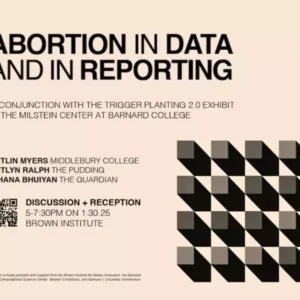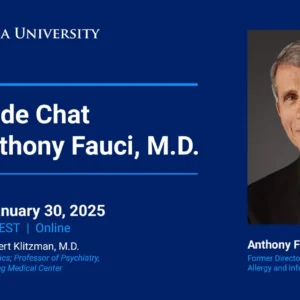
Aging Seminar:US Disparities – Healthy life expectancy at retirement
Join us for the Columbia Aging Center’s ONLINE seminar. Please register to attend virtually.
WEDNESDAY, NOVEMBER 6, 2024, 1:00PM-2:00PM ET
Disparities in healthy life expectancy among Americans nearing retirement
Jack Chapel, PhD
Postdoctoral Scholar
USC Schaeffer Center for Health Policy & Economics
Sol Price School of Public Policy
University of Southern California
Online seminar
Location: Zoom
Register to attend via zoom at: https://columbiacuimc.zoom.us/meeting/register/tJwvf-qsrTkoGNWVZPHahqwDJStOta2fSQ3N#
About Dr. Chapel’s talk:
In an aging US society, anticipating the challenges that future seniors will face is essential. This seminar will present results from two studies on disparities in healthy life expectancy among older Americans. In the first, we analyzed the health and economic well-being of five cohorts of Americans in their mid-fifties between 1994 and 2018, focusing on the middle of the economic distribution. Using a dynamic microsimulation based on the Health and Retirement Study, we simulated their future life-course, including estimating health-quality-adjusted life expectancy (QALE). We found QALE for the upper-middle income group had increased between cohorts, but it stagnated for their lower-middle peers. Economic outcomes followed similar patterns. The results suggest the relatively neglected “forgotten middle” group of near-retirees may require stronger supports than are currently available to them. In the second study, we similarly used a microsimulation to estimate QALE at age 60 for rural and urban Americans. We found substantial disparities in QALE for rural men relative to their urban counterparts, with much smaller differences for women, and these gaps had grown larger over time. Counterfactual scenarios suggested eliminating smoking and managing obesity and prevalent heart conditions would be particularly beneficial for increasing rural QALE and reducing this urban-rural gap. However, the results suggested interventions earlier in life might be needed to fully address the urban-rural disparity in QALE at older ages. The seminar will conclude with a brief overview of some future research efforts to identify solutions to these challenges.



